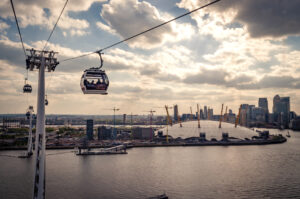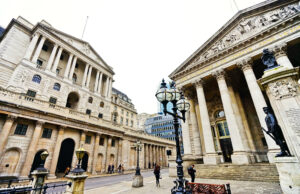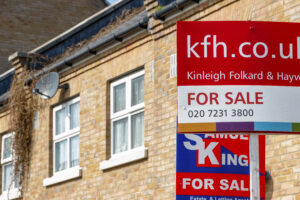Boris Johnson’s Emirates Air Line cable car fails to find new sponsor

When Boris Johnson chose to build a cable car linking two of the lesser frequented spots of east London dockland, eyebrows were raised.
After the then mayor’s pet project opened in time for the 2012 Olympics, the controversial sale of naming rights to the new Emirates Air Line at least stemmed the losses.
Now, though, that lucrative deal is about to run out – and no sponsor can be found to step in, even at a fraction of the price.
However, with the cash-strapped capital reliant on emergency government support to run its tubes and buses since Covid struck, Transport for London (TfL) bosses have been left under no illusions that now is not the time to ditch the prime minister’s unwanted cable car.
Commercial teams at TfL last year sent invitations far and wide to find a sponsor successor to Emirates, hoping for less than a quarter of the £3.6m a year paid by the cash-rich Gulf airline over the last decade.
But not one company – not even the payday loan firms represented by agencies – took the cut-price opportunity to associate its brand with the service linking Greenwich Peninsula to the Royal Victoria Dock, 1,100 metres away.
Last week, after a deadline for submissions passed on Tuesday without a single expression of interest, TfL formally ended the search for a sponsor, leaving a potential multimillion drain on the capital.
According to a well-placed source, senior TfL executives messaged last week: “Storm Eunice was our last hope.” Unfortunately for TfL, while the high winds tore a hole in the nearby Millennium Dome, the cable car was left unscathed.
The mayor, Sadiq Khan, has been forced to raise bus and tube fares, and TfL has been ordered to make £400m cost savings and raise revenues by central government, as part of a series of funding settlements, including a £200m short-term deal agreed on Friday.
Nonetheless, the “dangleway” is set to survive, at least as long as Khan’s predecessor survives in Downing Street. Johnson argued that the Emirates Air Line, which cost about £60m to construct, would create thousands of jobs and be a valuable addition to the transport network.
At one point, however, it was revealed to be used by only four regular commuters, freedom of information requests showed.
Many tourists have since Instagrammed their trip and more than 13m journeys have been taken over its lifetime – roughly the same number of journeys made in three normal days on the tube.
Emirates Air Line briefly appeared to have an important transport function when it offered free travel to key workers who needed to reach the Nightingale hospital, based at ExCeL London, at the start of the pandemic in 2020, although the hospital was mothballed for lack of use.
It will have fresh patrons ahead, as London’s parlous finances have forced the mayor to move City Hall itself, which isbeing relocated from beside Tower Bridge to the Crystal development near the cable car’s east terminal.
The Department for Transport said any decision on the future of the cable car was for the mayor to take.
TfL said it would look to “other market engagement methods” to find a sponsor. Josh Crompton, TfL’s head of cable car, said: “We know our customers love the unique experience and the spectacular views the cable car offers … We remain committed to building on the success of the cable car with a new partner later this year.”




